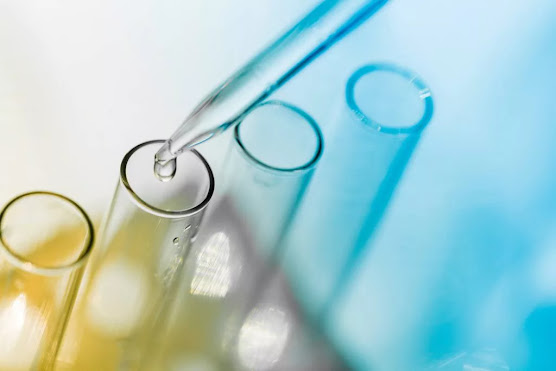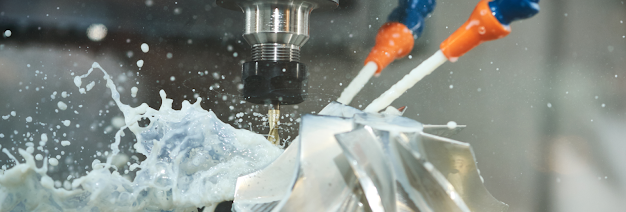Best Practices for Selecting Suitable Incubation Temperatures and Times for Microbiological Tests
Did you know that different types of microorganisms have different incubation temperatures and time? In this blog post, we discuss the best practices for selection of suitable incubation temperatures and time for microbiological tests.
Bacteria, fungi, molds, and other microbes thrive in different temperatures and multiply at varying rates. Their growth can result in various problems. They can reduce the longevity and damage the looks of valuable things as well as alter their electrical, mechanical, and optical properties.
Whether you conduct industrial fluid microbiological testing or legionella laboratory testing, choosing the right incubation temperatures and time is crucial in detecting the microbial loads in your residential or commercial establishment. At Biosan Laboratories, a Michigan-based microbiology testing laboratory, we completely understand the sensitivity of various microorganisms to different incubation temperatures and times.
Normally, the fungal media was incubated at a temperature of 20°C-25°C for a set number of days; whereas the bacterial media was incubated at a temperature of 30°C-35°C for a specified number of days. But for better results and efficacy of the testing methods, certain incubation temperature and time have been recommended by some eminent organizations.
While choosing, there is a need to strike a balance between suitable incubation temperature/time and risk. Devising a smart incubation strategy and adopting an effective testing method will help you achieve more effective results.
In this blog post, we have listed a range of approved incubation strategies that should be used while conducting microbiological tests. The following best practice selections are listed below:
• For water testing, United States Pharmacopoeia chapter <1231> Water for Pharmaceutical Purposes (USP <1231>) recommends an incubation time of 48 to 72 hours. Whereas, the European Pharmacopoeia (EP) recommends an incubation time that is less than or equal to five days with Reasoner's 2A agar (R2A media) at 30 to 35°C.
• For EM testing, the recently revised United States Pharmacopoeia chapter <1116> Microbiological Control and Monitoring of Aseptic Processing Environments (USP <1116>) recommends an incubation time of not less than 72 hours with the incubation temperature at 20 to 35°C.
• As per “EM Monitoring of Clean Rooms for Vaccine Manufacturing” (WHO November 2012) the incubation time is recommended between three and five days with incubation temperature at 20 to 25°C followed by additional two to three days at 30 to 35°C.
• As per a European Medicines Agency (EMA) Q&A session, “Incubation Temperatures for Microbial EMP Samples,” it was recommended to use two incubation temperatures:- 20 to 25°C for at least three days and 30 to 35°C for at least two days.
• While evaluating a new sterility test method, the data of Grace Kielpinski and her associate researchers indicated that an incubation temperature of 32°C provided greater detection of the microorganisms in the test method compared to other temperatures obtained using the incubation conditions.
• As per an article, titled ‘Comparative Mold and Yeast Recovery Analysis’, by Veronica Marshall and her colleagues the use of a single media and two different temperature ranges is recommended for bacteria and fungi.
We manufacture bacteria test kits, fungi test kits, and dipslides to help you monitor the presence of microorganisms in your residential or commercial property. In all our products, we have mentioned the effective incubation temperatures and time in each one of them.
We have over 40 years of experience in fungus testing and developing fungus test kits and we also provide consulting in antimicrobial testing protocol design. Our microbial laboratory can help you in selecting the right test method for your project and our microbiologists specialize in AATCC, ASTM, ISO, and JIS standard antimicrobial test methods. Contact us to discuss specifics with our team of expert microbiologists or ask for a free quote.






Comments
Post a Comment